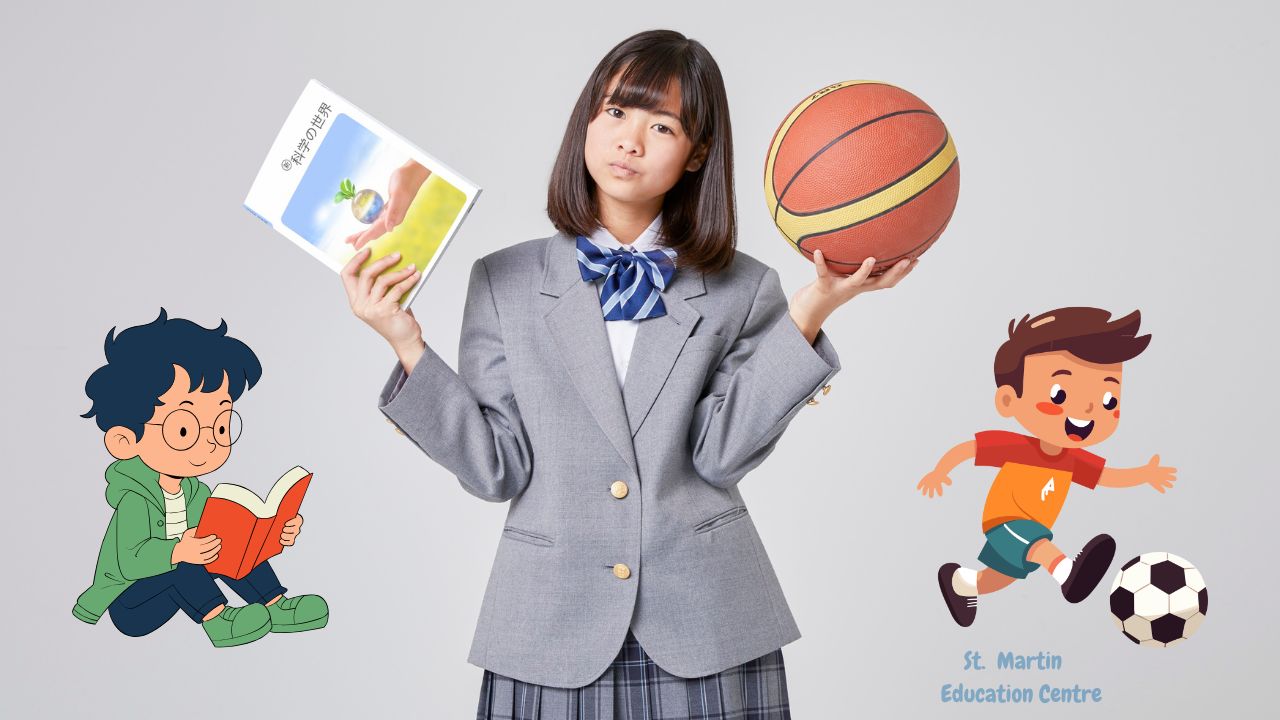Education today is about much more than textbooks and test scores. As learning models evolve, especially under frameworks like Kenya’s Competency-Based Education /Curriculum (CBe/C), schools are paying increased attention to the broader development of a child — intellectually, emotionally, socially, and physically.
One of the key tools in this holistic approach? Co-curricular activities.
More Than Just “Extras”
While often referred to as “extra-curricular,” these activities are anything but optional add-ons. Whether it’s participating in sports, joining a club, or learning a new language, these experiences help students explore interests, build identity, and develop life skills that can’t be taught at a desk.
Clubs like agriculture, karate, or choir provide more than just routine — they encourage discipline, self-expression, and collaboration.
Shaping Leadership and Teamwork
Team sports and group-based activities require learners to work together toward shared goals. These experiences teach children the importance of cooperation, respect for others, and perseverance in the face of challenges — all key ingredients in developing leadership and social intelligence.
Being captain of a football team or leading a school choir is not just about titles — it’s about learning responsibility, decision-making, and mentorship.
Confidence Through Expression
Performance arts like music, drama, and poetry help learners find their voice and overcome stage fright. Participating in competitions, presentations, or community events gives students the chance to express themselves and receive constructive feedback — strengthening their confidence and sense of purpose.
For some students, this becomes the spark that ignites lifelong passions or career paths.
Creativity and Critical Thinking
Clubs that focus on technology, environment, or innovation challenge learners to think differently. Activities like coding, debate, science fairs, and student journalism sharpen critical thinking and problem-solving skills, which are highly valued both in academics and real-life scenarios.
By allowing learners to explore solutions outside the traditional curriculum, co-curricular activities prepare them to be adaptable, curious, and inventive.
Life Skills in Everyday Learning
In today’s world, skills like emotional intelligence, resilience, time management, and empathy are just as vital as academic knowledge. Activities such as peer mentorship programs, school farming, or service projects nurture these values in ways that stick.
Children who engage in such experiences often show stronger character development and are better prepared to face the ups and downs of life.
In Summary:
A well-rounded education blends academics with real-life application. Co-curricular activities offer students a platform to explore who they are, develop crucial life skills, and grow into balanced, capable individuals.
Whether it’s through a football match, a debate, or planting vegetables in the school garden — learning continues far beyond the classroom walls.

